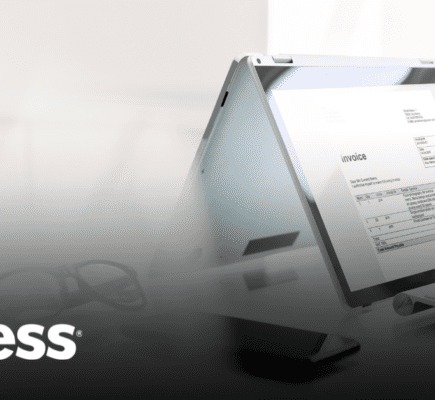
What is World Paper Free Day?
First declared by our partners at AIIM (Association for Information and Image Management) over a decade ago, World Paper Free Day is an annual campaign that aims to reduce the amount of paper generated by people in their everyday work and personal lives.
Its intent was to highlight the impact that going paperless has on everything from the environment to productivity.
Why Should You Become a Paperless Organization?
Aside from the obvious environmental impact, there are a slew of reasons to transition to a paperless business, including:
- Digital files allow for tighter control – a paperless document management system like Access’ CartaDC can empower organizations to easily and securely access and share documents with internal and external stakeholders quickly. It also reduces having to worry about locating stray copies floating around on desks or wasting unnecessary cycles finding and retrieving them from locked records rooms.
- Becoming a paperless organization – Relying on physical documents limits the ability of modern enterprises to move with agility. Converting certain documents to digital gives your team instant access to the information they need, even when working remotely, without having to wait for a file to be retrieved or delivered by courier.
- Saving paper saves money – By reducing the amount of paper in onsite storage facilities, organizations can free up valuable real estate for more strategic use.
How Can My Organization Go Paper Free?
As we’ve highlighted previously in other blogs including, Paper Is Not Dead, But Digital is the Way Forward, there are several options and approaches to consider.
In our current work-from-anywhere world, paper documents can often be a bottleneck to accomplishing work and being productive. The information contained within is no good to anyone if it’s locked in an inaccessible office, no matter the reason, even if it’s simply because your office is located halfway around the world from where the document is stored.
Here are some more tips for going paperless on World Paper-Free Day:
Ask yourself: “Does this really need to be in paper form?”
There are benefits to using World Paper Free Day as an opportunity to take a step back to assess how you can improve. We’ve all been guilty of printing a PDF or two so we can scribble in the margins. Before printing something out, ask yourself, “Do I need this in paper form, or could I accomplish the same thing in a digital format?”
Leverage a paperless document management system
Through technology-powered services, like Access Unify, organizations can reduce or eliminate the need to have physical documents in the office. Instead of looking through onsite storage, trying to find records managers to locate the active files needed, or hiring couriers to deliver files, documents can be readily available in seconds with just a few clicks.
Don’t expect to become a paperless business overnight
As Access’ VP of Client Success, Jean Mackie emphasized during our recent presentation with ARMA, digital transformation of physical files “doesn’t mean scanning every single piece of paper.”
In fact, best practice is to take a phased approach. For certain, records that are accessed frequently should be converted to digital, but the question is: when and how? Batch scanning of files that may be needed at certain times (e.g. during a discovery process) can help you phase out paper, as can Digital Delivery services for more day-to-day needs. As your organization creates new files in a digital-first environment, know that there are at least two potential paths forward.
So this week, on World Paper Free Day, why not take the challenge and join Access, AIIM, and thousands of other information management professionals around the world and go paper-free for one day?
While you’re at it, we recommend spending some time thinking about how you might drive your digitization program further and faster. We’re happy to help when you’re ready.
In fact, to get you started, here are 5 considerations for improving your digitization program.




